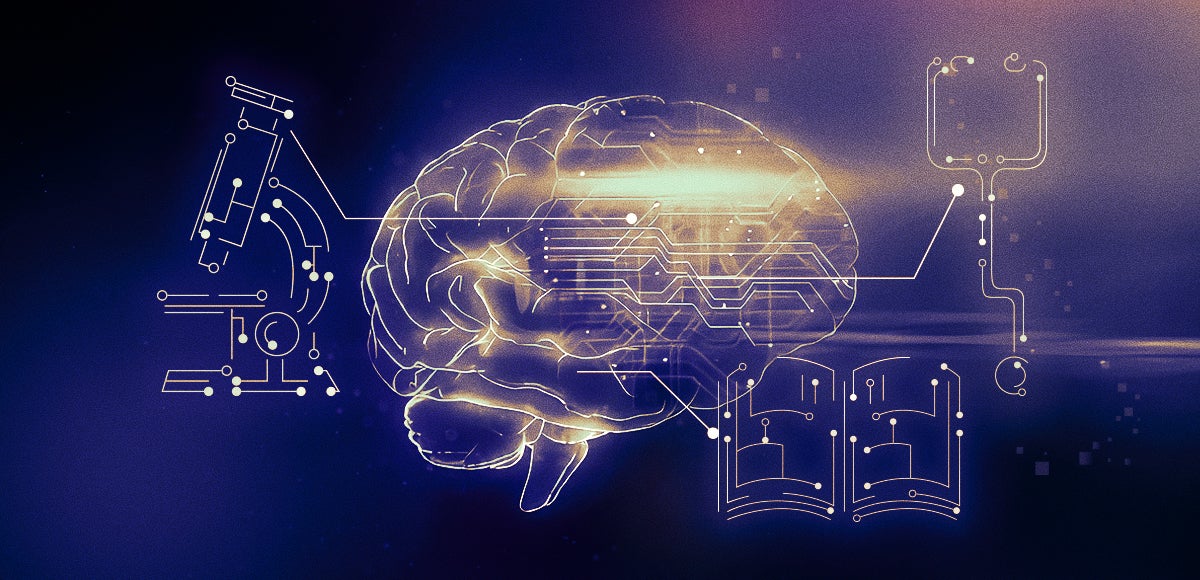
AI for Good: How Advanced Systems are Helping Solve the World's Biggest Problems
By Adedayo Ebenezer Oyetoke Published on: May 14th 2023 | 3 mins, 447 words Views: 741
Artificial intelligence (AI) has the potential to revolutionize the way we solve some of the world's biggest problems. From climate change to healthcare, disaster response to education, AI-powered solutions are helping us tackle global challenges in new and innovative ways.
One area where AI is making a significant impact is in the fight against climate change. By analyzing vast amounts of data from sensors and satellites, AI systems can help us better understand climate patterns and predict future changes. For example, AI-powered climate models can help us identify areas that are at risk of flooding or drought, allowing us to take proactive measures to mitigate the impact of these events.
AI is also being used to promote renewable energy and reduce carbon emissions. For example, AI-powered smart grids can help optimize energy usage and reduce waste, while AI-powered energy management systems can help buildings and factories become more energy-efficient.
In the healthcare sector, AI is helping us improve medical diagnoses and treatments. By analyzing patient data and medical images, AI systems can help doctors identify diseases and conditions more accurately and quickly. AI-powered medical imaging analysis can also help us detect cancer and other diseases at an earlier stage, improving patient outcomes and reducing healthcare costs.
AI is also being used to improve disaster response efforts. By analyzing data from sensors and social media, AI systems can help emergency responders identify areas that are most in need of assistance and coordinate relief efforts more effectively. AI-powered predictive modeling can also help us anticipate and prepare for natural disasters, reducing the impact on communities and infrastructure.
In the education sector, AI is helping us personalize learning and improve educational outcomes. By analyzing student data and learning patterns, AI systems can help teachers identify areas where students need extra support and provide personalized learning experiences. AI-powered adaptive learning platforms can also help students learn at their own pace and in their own style, improving engagement and retention.
Finally, AI is being used to promote social justice and equality. By analyzing data on crime patterns and police behavior, AI systems can help identify and address biases in the criminal justice system. AI-powered disaster relief coordination can also help ensure that aid is distributed fairly and efficiently, reducing the impact of disasters on vulnerable communities.
In conclusion, AI has the potential to transform the way we solve some of the world's biggest problems. By analyzing vast amounts of data and identifying patterns and trends, AI systems can help us make more informed decisions and take proactive measures to address global challenges. As we continue to invest in and develop AI-powered solutions, we can create a better future for all of us.